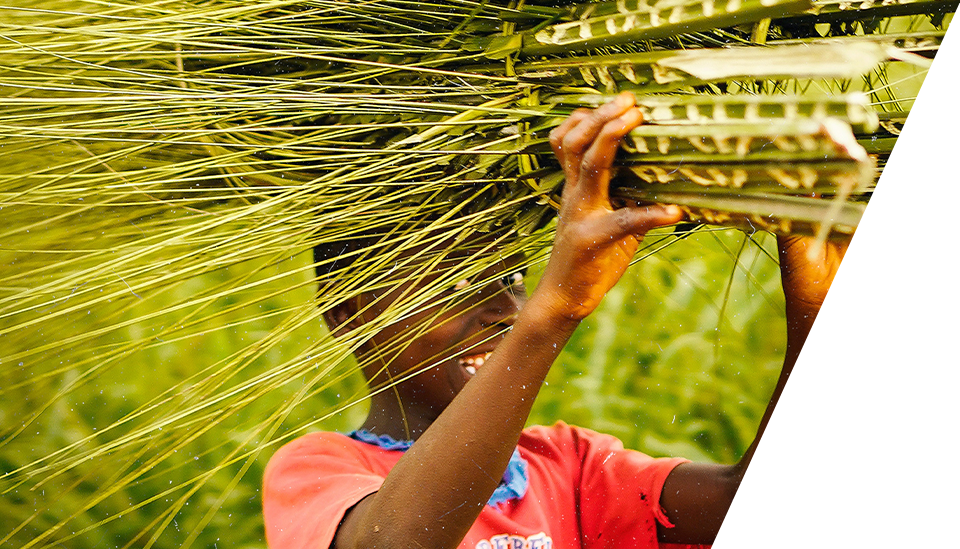Agricultural Research Needs to Get Out of the Lab and to the Farmers’ Fields
A few weeks ago, I got an amazing opportunity to participate in the FAO Regional Biotech Conference for Africa in Ethiopia. I had always dreamt of visiting the African Union conference Centre: I can’t think of any other place on the continent where the most influential leaders gather to discuss policy, so for me it was very significant to sit in the same seats that Africa Union Heads of State gather to discuss the most important issues in Africa.
Whilst I was there, I learnt that policy makers sometimes overshadow the views of farmers; the amount of farmer representation was very low. However, I was impressed that FAO made a significant effort to invite a diverse group to the conference. I also noticed that a lot of the discussions were very academic, and this could be a barrier when addressing diverse audiences. Another thing I learnt was that a lot of research is still not accessible to farmers, and farmers cannot lobby for access to the technology because they don’t know about it. So, research remains in research stations instead of benefiting the ones it was meant for. There is definitely a need for public-private partnerships s to drive knowledge sharing.
I found the plenary session on post-harvest biotechnology most engaging because the discussions were less scientific but based on real life examples on how the technology is being used by small-scale farmers. I also got the opportunity to network with an organization that’s assisting small-scale holder farmers in Zimbabwe in accessing information on post-harvest biotechnology.
Farmers should attend these events because I feel we are left out in policy issues and our voice is very faint in policy formulation – yet it affects us the most.
– Ruramiso Mashumba, Mnandi Africa, Zimbabwe
This reflection is one in a series written by participants of the FAO Regional Biotech Conference for Africa held in Addis Ababa on November 22-24, 2017.

